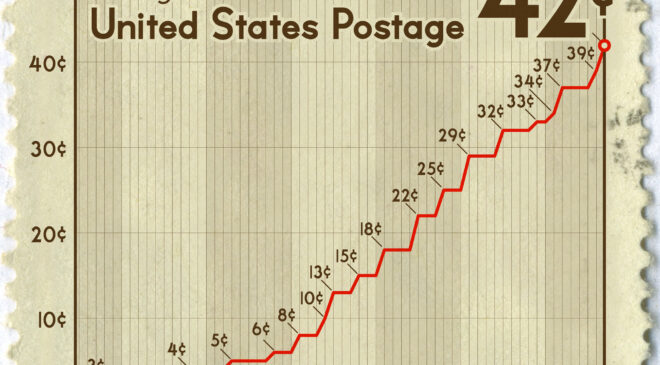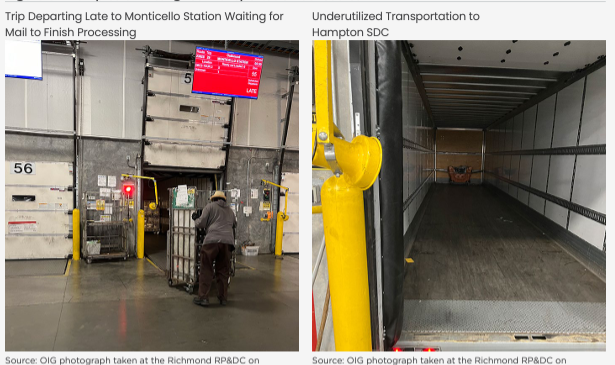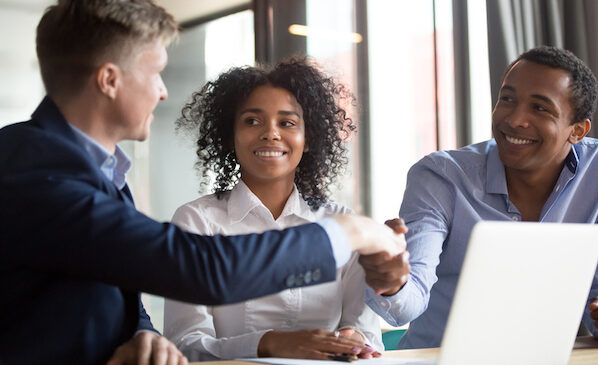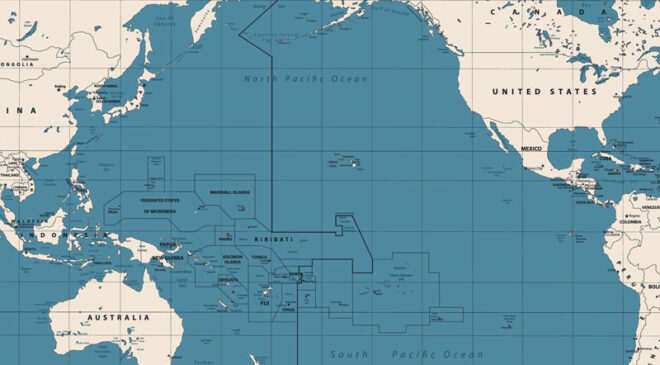How much time can you afford to spend looking for answers when you have a postal challenge?
Whether you consider your company a printer or a mailer, if you do commercial mailing on a regular basis – you need fast access to information that will save you time and money. If you have a postal issue that you struggle to solve, Mailers Hub is your fast – and affordable – resource when help and answers are needed.
Don’t wait until you have a challenge to solve or a roadblock in your way.
Take charge of your postal knowledge now.
What is Your Time Worth?
Services and Resources that meet your needs
Community Forum
Network, collaborate, get answers, and share solutions and recommendations
Training & Certification
Training and education to meet many levels of training and content needs, available on-demand, via Zoom, or in-person
Postal Hotline
Answers to your mail and postal-related questions – from mail piece design to DMM regulations and more – are available via phone, email, or web form within minutes, not hours
Mailer Scorecard Monitoring
Scorecard errors can quickly add up to expensive penalties without the support to identify and correct issues.
Consultants and Experts
The knowledge and expertise to help you improve your business, from a quick phone call to a long-term engagement.
Webinar Archives
Exclusive access to Mailers Hub webinars
Mailers Hub News Library
Exclusive access to the full archive of this industry-leading publication












